Pistons are the heart of any internal combustion engine, translating fuel’s explosive power into the mechanical force that drives our vehicles forward. Understanding the role, selection, maintenance, and replacement of pistons is crucial for anyone looking to optimize their vehicle’s performance and longevity. This guide will navigate you through the intricate world of pistons, providing valuable insights for both novices and seasoned mechanics.
Table of Contents:
– What is a piston
– What does a piston do
– How to choose a piston
– How long do pistons last
– How to replace a piston
– How much are pistons
What is a piston
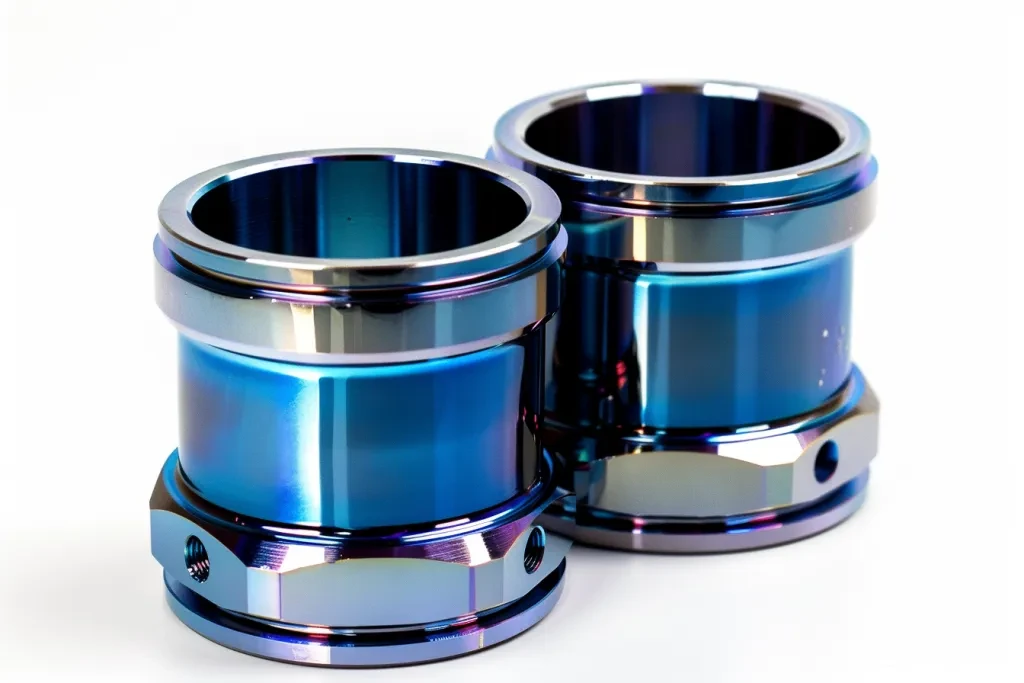
A piston is a cylindrical engine component that moves up and down inside a cylinder. Made from lightweight yet durable materials like aluminum or alloy, pistons are designed to withstand extreme pressure and temperature variations. They are a crucial component in the internal combustion engine, forming the moving boundary of the combustion chamber. The design of a piston includes several parts: the crown (top), skirt (side), rings, and wrist pin. Each part plays a significant role in the piston’s function and overall engine performance.
What does a piston do
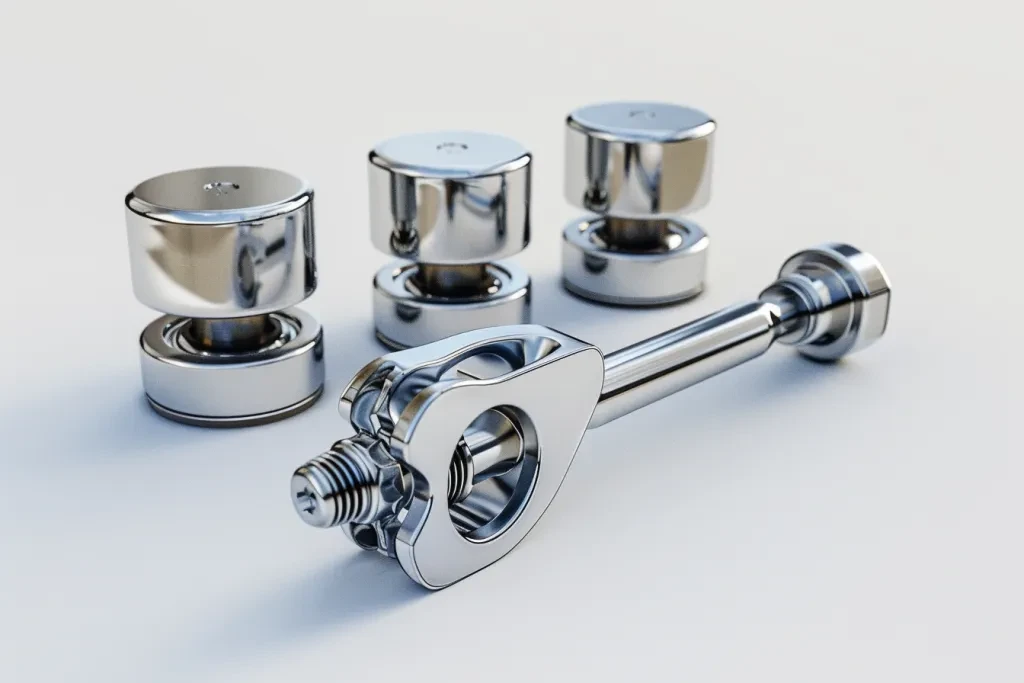
The primary role of a piston is to convert the energy generated from the combustion of fuel into mechanical force that propels the vehicle forward. During the combustion process, the piston moves down, creating a vacuum that draws in the air-fuel mixture. As the mixture ignites, the resulting explosion forces the piston back up, driving the crankshaft through the connecting rod. This continuous up and down motion, known as the power stroke, is the basis of how internal combustion engines work. Pistons also help in heat dissipation, transferring the heat generated from combustion to the engine’s cooling system.
How to choose a piston
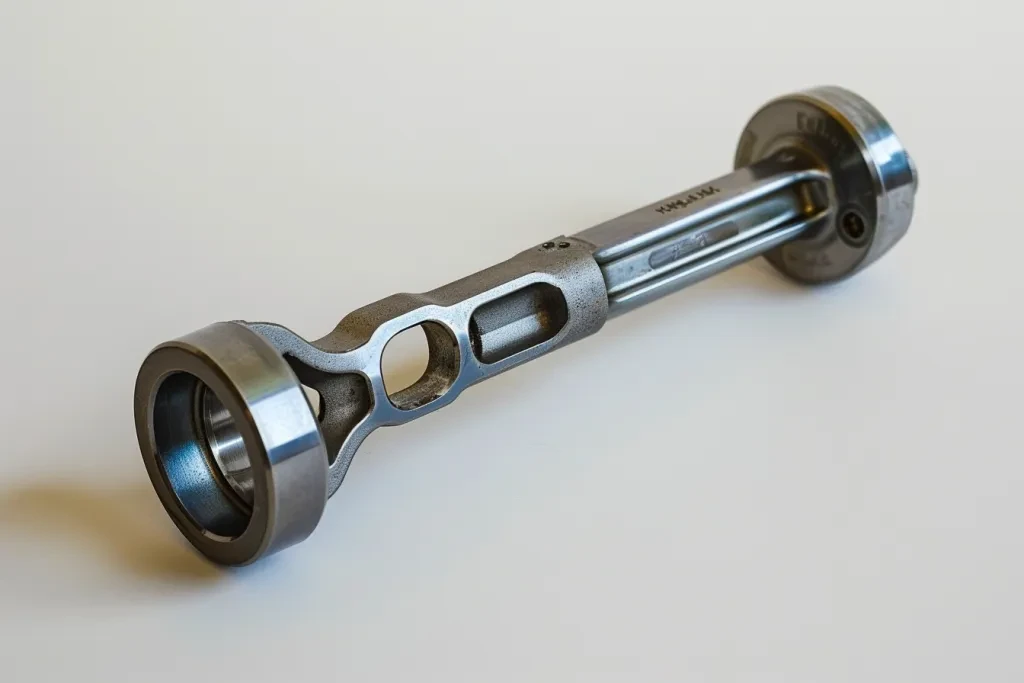
Selecting the right piston is crucial for achieving optimal engine performance and longevity. Considerations include the material, size, compression ratio, and coating. The material affects the piston’s durability and heat resistance; aluminum pistons, for example, are lightweight and excellent at conducting heat. Size must match the cylinder bore precisely to maintain the correct clearance. The compression ratio, determined by the piston’s design, affects the engine’s power output and fuel efficiency. Finally, coatings can reduce friction and wear, enhancing performance. Consulting with a professional or referring to your vehicle’s specifications can help in making the right choice.
How long do pistons last
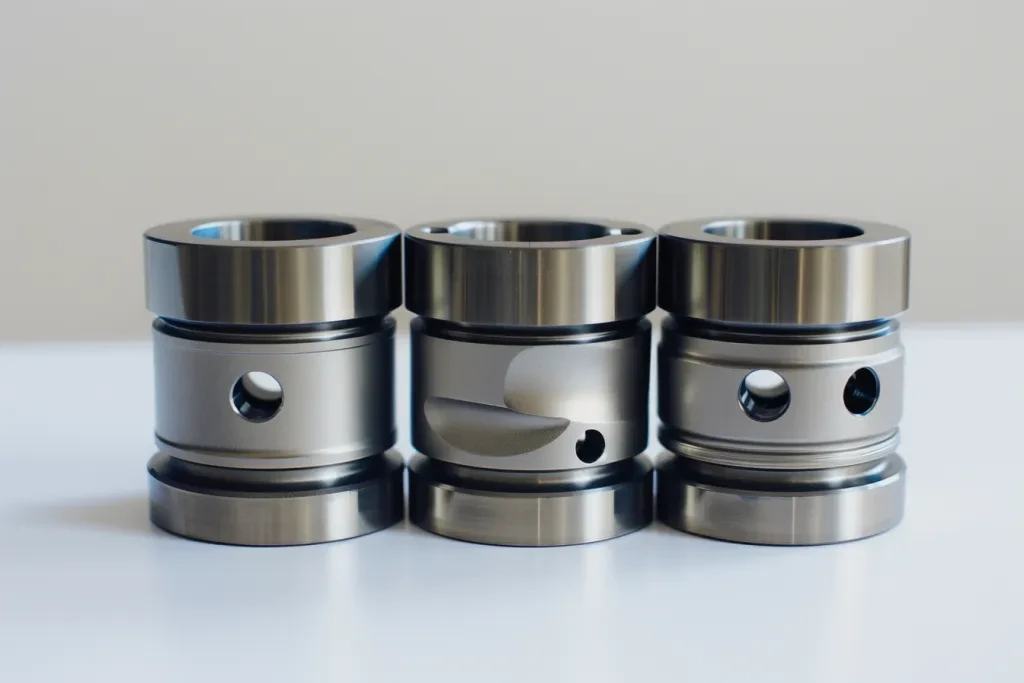
The lifespan of a piston largely depends on the driving conditions, maintenance, and type of engine. In general, pistons can last anywhere from 60,000 to 200,000 miles. Regular maintenance, including timely oil changes and using the correct fuel grade, can extend a piston’s life. High-performance engines or those subjected to harsh conditions may experience more rapid wear. Symptoms of worn pistons include increased oil consumption, decreased power, and excessive exhaust smoke, indicating it may be time for a replacement.
How to replace a piston
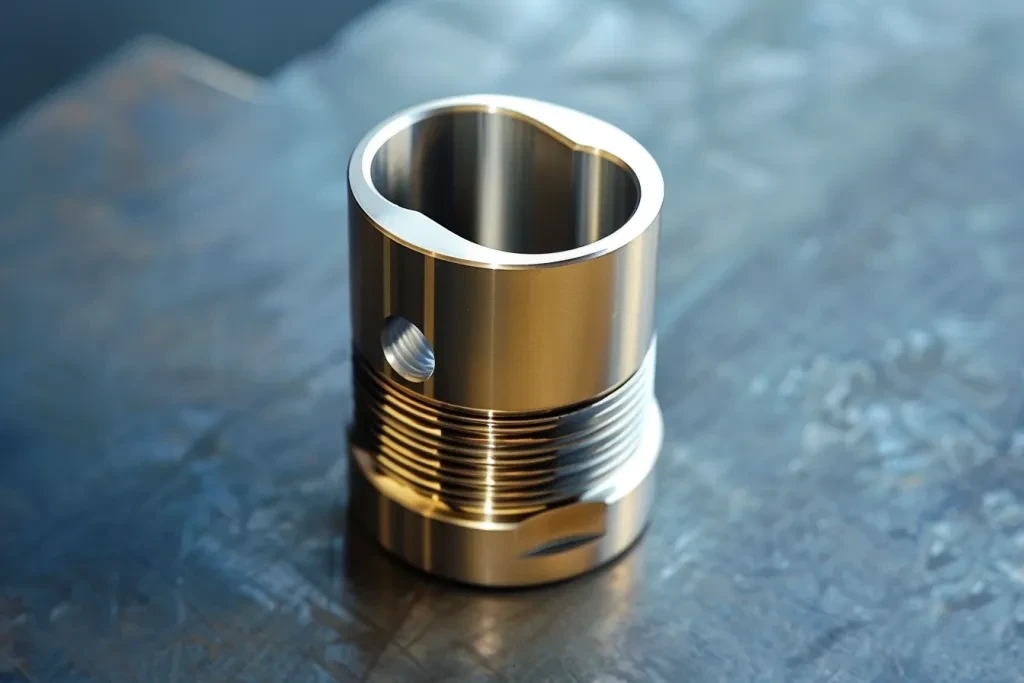
Replacing a piston is a complex process that requires a good understanding of engine mechanics. It involves disassembling the engine block, removing the old piston, and installing a new one. Key steps include draining the engine oil and coolant, removing the cylinder head, and detaching the connecting rod from the crankshaft. Once the old piston is removed, the cylinder walls should be inspected and cleaned before installing the new piston. Special tools, such as a piston ring compressor, are necessary to ensure a smooth installation. Due to the complexity, many opt for professional service to ensure the job is done correctly.
How much are pistons
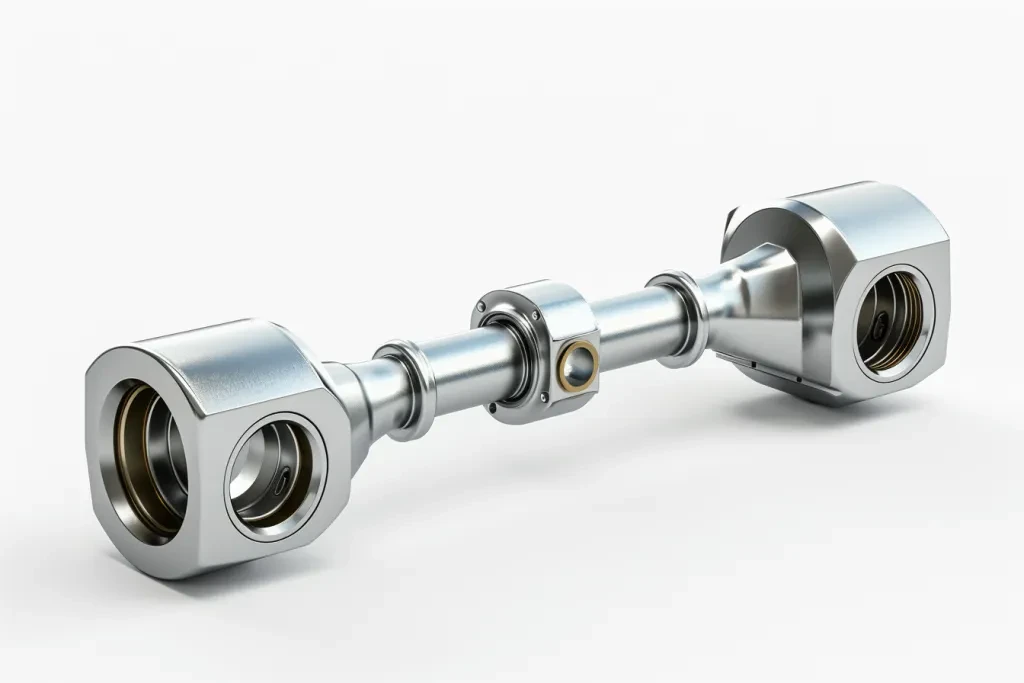
The cost of pistons varies widely based on the material, design, and intended use. Standard replacement pistons for a typical passenger vehicle can range from $100 to $300 each. High-performance or custom pistons can cost significantly more, upwards of $500 to $1000 each. It’s important to consider not just the cost of the pistons but also the labor involved in replacement, which can add substantially to the total expense. Investing in quality pistons and professional installation can save money in the long run by extending the engine’s lifespan and reducing the need for frequent replacements.
Conclusion:
Pistons play a pivotal role in your vehicle’s engine, directly influencing performance, efficiency, and durability. Understanding the function, selection criteria, lifespan, replacement process, and cost of pistons can empower vehicle owners and enthusiasts to make informed decisions. Whether you’re maintaining a daily driver or optimizing a high-performance engine, the right pistons can make all the difference in achieving your vehicle’s full potential.



